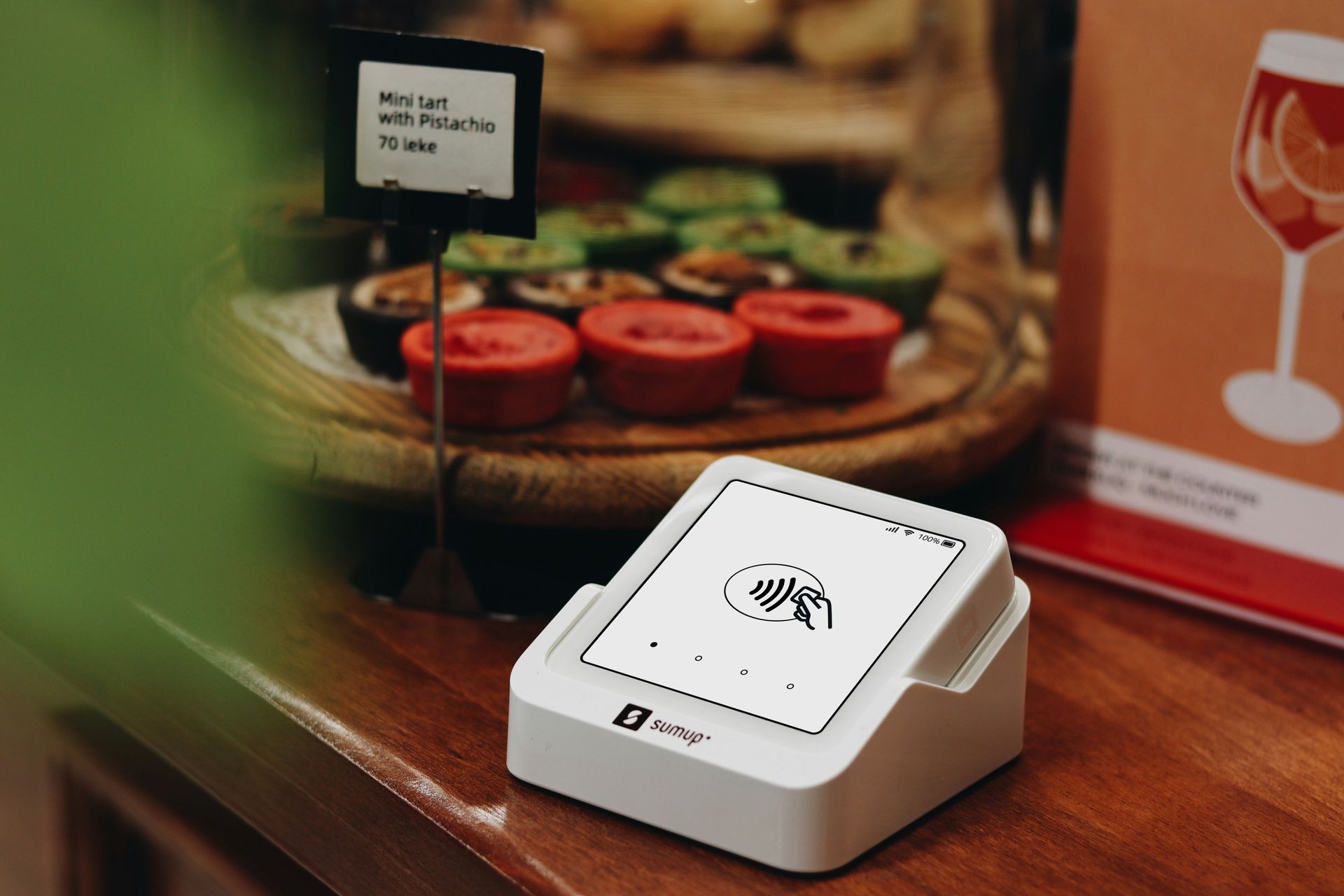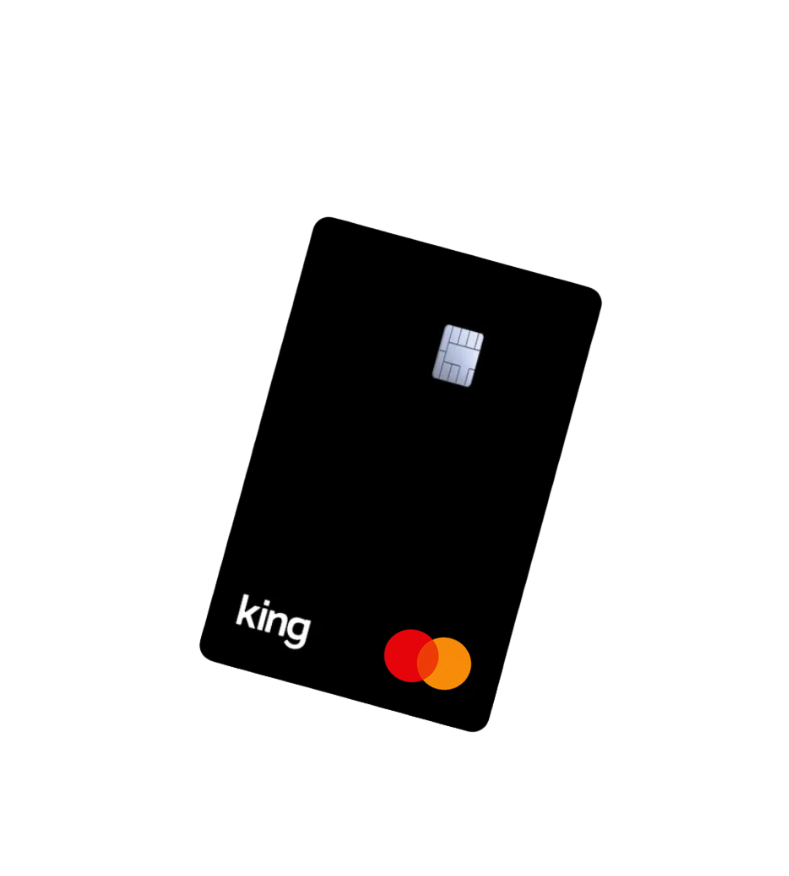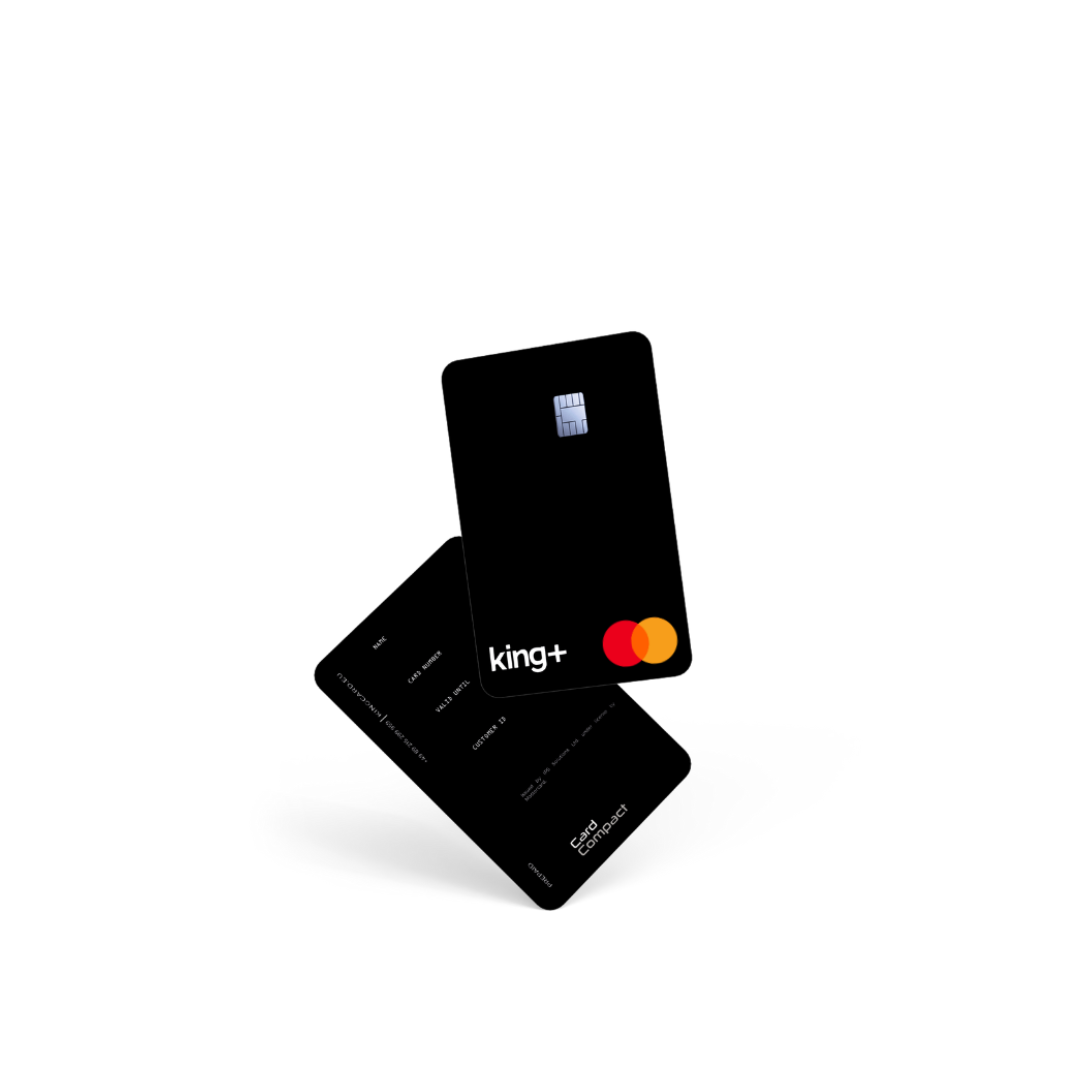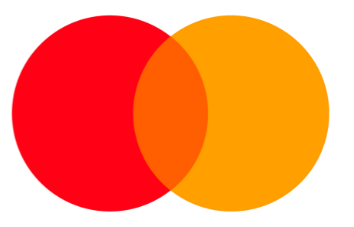Secure, flexible and convenient: why virtual cards are in trend
Virtual cards are the future
In an increasingly digital world, payment is evolving rapidly. Virtual cards are one of the most exciting outcomes of this progress, offering a secure, flexible and convenient alternative to traditional physical credit and debit cards. But why exactly are virtual cards trending, and what makes them so attractive to consumers and businesses alike?
In this blog post, we take a closer look at the benefits of virtual cards and the reasons for their growing success.
What are virtual cards?
A virtual card is a digital version of a physical credit or debit card. It exists exclusively in digital form and can be used for online purchases, subscriptions and even in stores that support mobile payment methods. Virtual cards have the same card details as physical cards, including a card number, expiration date and CVV number. The key difference is that this information is not embossed on a physical card, but is provided digitally and stored in an app or wallet.
Security: protecting your finances
One of the biggest advantages of virtual cards is the increased security. Traditional cards can be stolen or lost, which represents a considerable risk for the cardholder. Virtual cards, on the other hand, are digital and cannot be physically stolen.
- Unique card numbers: Many card providers offer the option of generating a unique card number for each transaction. This minimizes the risk of fraud, as the card number cannot be used again after use.
- Control and transparency: Virtual cards allow the user to monitor and control spending in real time. You can also set specific limits for spending or deactivate the card immediately if necessary, which would be much more inconvenient with a physical card.
- Protection against data theft: As the card data is not on a physical card, it cannot simply be captured by card readers or cameras. This reduces the risk of skimming attacks or other forms of data theft.
Flexibility: Adaptation to your needs
Virtual cards offer a level of flexibility that physical cards struggle to match. This adaptability makes them particularly attractive to a wide range of users, from individuals to companies.
- Fast issuance and use: Virtual cards can be created in seconds and used immediately. Unlike physical cards, which first have to be ordered, produced and sent, a virtual card can be displayed and used immediately in the user's app or wallet.
- Global use: As virtual cards are stored in digital wallets, they can be used wherever mobile payments are accepted. This makes them an ideal solution for frequent travelers or people who regularly shop abroad.
- Customization: Some providers allow you to create multiple virtual cards for different purposes. For example, one virtual card can be set up specifically for subscriptions, while another is used for online purchases. This makes it easier to manage and track spending.
Convenience: Always to hand and easy to use
Convenience is another key factor in the success of virtual cards. They offer a simple and seamless way to carry out transactions without the need for a physical card.
- Integration into mobile wallets: Virtual cards can be seamlessly integrated into mobile wallets such as Apple Pay, Google Pay or Samsung Pay. This means that users only need their smartphone to pay - without a wallet.
- Simple management: Virtual cards can be conveniently managed via an app. Users can monitor their spending, adjust card limits or deactivate the card if necessary. This type of control and overview is often not available to the same extent with physical cards.
- Contactless and hygienic: In times when hygiene and contactlessness play a major role, virtual cards are particularly practical. Users no longer have to exchange or read through physical cards, but can do everything directly from their smartphone.
Virtual cards not only offer numerous advantages to consumers, but companies are also increasingly recognizing the benefits of this technology. In the business world in particular, virtual cards are on the rise as they greatly simplify the management and control of company spending. Companies can create virtual cards for specific spend centers, making budget management and spend monitoring more efficient. Automated evaluations and real-time monitoring ensure optimized financial management. In addition, virtual cards reduce costs as they are delivered digitally and therefore do not require physical materials or complex logistics. Virtual cards also help companies drive their digital strategies and facilitate the transition to fully digital financial management by seamlessly integrating with existing digital systems and platforms.
Virtual cards are more than just a short-term trend - they are a significant step towards a fully digitized financial world. They offer security, flexibility and convenience in a way that physical cards can hardly match. For consumers, this means more control and protection, while businesses benefit from efficiency and cost savings. In a world that relies more and more on digital solutions, virtual cards are undoubtedly an important part of the future of payment.
Our tip: the king+ Mastercard















